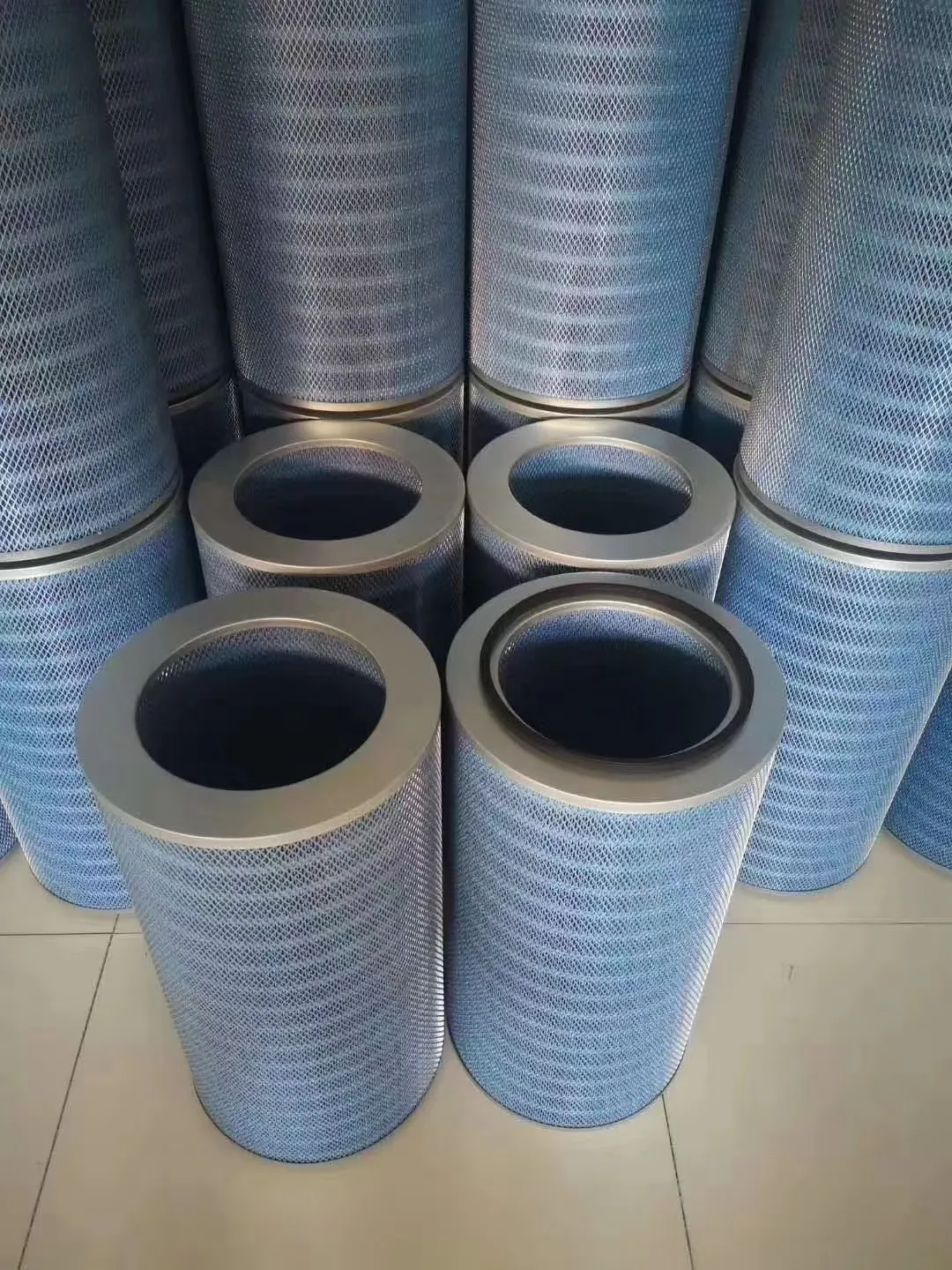 Tel:
+8615930870079
Tel:
+8615930870079
اکتوبر . 18, 2024 09:58 Back to list
High-Performance Sintered Stainless Steel Filter Cartridge for Effective Filtration Solutions
The Role of SS Sintered Filter Cartridges in Modern Filtration Systems
In various industrial and commercial applications, the need for efficient filtration solutions has never been more critical. One such solution that has gained prominence is the stainless steel (SS) sintered filter cartridge. Renowned for its durability and high performance, this type of filter cartridge offers a range of advantages that make it ideal for a diverse array of processes, including water treatment, chemicals, pharmaceuticals, and food production.
Understanding Sintered Filter Cartridges
Sintered filter cartridges are manufactured through a process that involves compacting and heating stainless steel powder until it bonds together, creating a porous medium. This unique structure offers precise pore sizes, allowing for effective filtration of solid particles from liquids and gases. The sintering process not only enhances the mechanical strength of the filter but also ensures that it can withstand harsh operating conditions, making it suitable for various applications.
Advantages of Stainless Steel Sintered Filter Cartridges
1. Durability and Longevity One of the standout features of stainless steel sintered filter cartridges is their ability to endure extreme temperatures and pressures. Unlike polymer-based filters, which may degrade over time, SS cartridges maintain their integrity, resulting in longer service life and reduced replacement costs.
2. High Filtration Efficiency Stainless steel sintered filters can be engineered with precise pore sizes, enabling them to trap particles effectively. This high filtration efficiency is especially crucial in industries where product purity is paramount, such as pharmaceuticals and food processing.
3. Ease of Cleaning and Maintenance Another significant benefit is their ease of cleaning. SS sintered filter cartridges can often be cleaned and reused, whether by backwashing or chemical cleaning methods. This not only conserves resources but also reduces waste, aligning with eco-friendly practices.
4. Corrosion Resistance Stainless steel possesses excellent resistance to corrosion and oxidation, making it an ideal choice for applications involving aggressive or corrosive substances. This property ensures that the filter remains functional and reliable over time, even in challenging environments.
ss sintered filter cartridge

5. Versatility The adaptability of stainless steel sintered filter cartridges allows them to be used in various scenarios, from microfiltration to ultrafiltration and beyond. They can efficiently filter a wide range of fluids, including water, oils, and even gases, making them a versatile choice for many industries.
Applications in Various Industries
The applications of SS sintered filter cartridges are extensive and include
- Water Treatment In municipal and industrial water treatment facilities, these filters play a critical role in removing sediment, particulates, and other contaminants, ensuring clean and safe drinking water.
- Chemical Processing The chemical industry often deals with corrosive and viscous fluids. SS sintered filters can handle these challenges, providing reliable filtration for various chemical reactions and processes.
- Pharmaceuticals Maintaining stringent cleanliness and product quality standards is crucial in pharmaceuticals. Sintered filters ensure that all processes comply with regulatory requirements while maintaining product integrity.
- Food and Beverage In the food industry, these filters help in clarifying liquids and removing impurities to ensure premium product quality, safeguarding both safety and taste.
Conclusion
As industries continue to prioritize efficiency and sustainability, the demand for high-quality filtration solutions will undoubtedly rise. Stainless steel sintered filter cartridges stand out as an innovative solution, combining durability, efficiency, and versatility. Their ability to deliver consistent performance across a variety of demanding applications makes them an essential component in modern filtration systems. Industry stakeholders who invest in these advanced filtration technologies will not only improve operational efficiency but also contribute to a cleaner and safer environment.
-
Types and Applications of Air Filtration CartridgesNewsJul.28,2025
-
The Role of Gas Turbine FiltersNewsJul.28,2025
-
Mastering Air Filter Cartridge UseNewsJul.28,2025
-
Advanced Turbine Filters for Modern Gas TurbinesNewsJul.28,2025
-
Cellulose Air Filter Cartridge Advantages in Dust FiltrationNewsJul.28,2025
-
Cellulose Filters for Air Particle ReductionNewsJul.28,2025

 Email:
Email:





